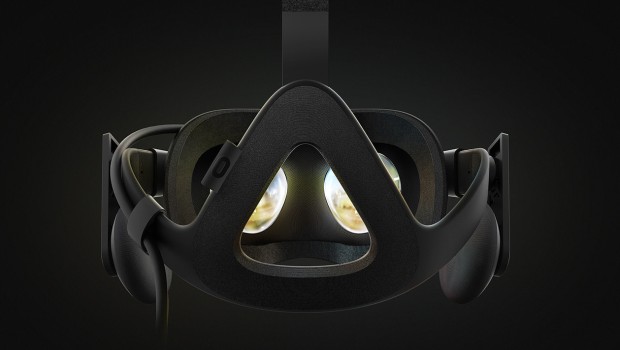Oculus has garnered a lot of criticism over the past few months due to their insistence on DRM that locks away Oculus applications from being played on anything other than the Rift. This was eventually cracked, as you would expect, but the idea of trying to stifle their competition in such a way didn't go favorably with the general public, especially given the young and vulnerable state of VR gaming.
In a bit of an unexpected twist, however, the DRM has been quietly removed as a part of the recent Oculus June update, and the various pieces of Oculus software no longer preform their hardware checks when starting up. While there is no official set of patch notes to confirm that its indeed gone, an Oculus representative recently sent a message to Motherboard confirming that the DRM has been completely removed, and that it won't be coming back again. Here's the full quote:
"We continually revise our entitlement and anti-piracy systems, and in the June update we've removed the check for Rift hardware from the entitlement check.
We believe protecting developer content is critical to the long-term success of the VR industry, and we’ll continue taking steps in the future to ensure that VR developers can keep investing in ground-breaking new VR content.
We won't use hardware checks as part of DRM on PC in the future."
All I can really say is that I'm glad they decided to get ride of the DRM, because the VR market currently needs as many good games as it can get, no matter the platform. On the other hand, this does raise a couple of questions when it comes to combating piracy, because the extremely useful (and legit) Revive tool can be used for far more than simply playing Oculus games on the Vive.
Whatever the Oculus team decides to do next, here's to hoping they don't go the old Ubisoft route of making anti-piracy measures so bad they end up severely punishing legit customers instead.

